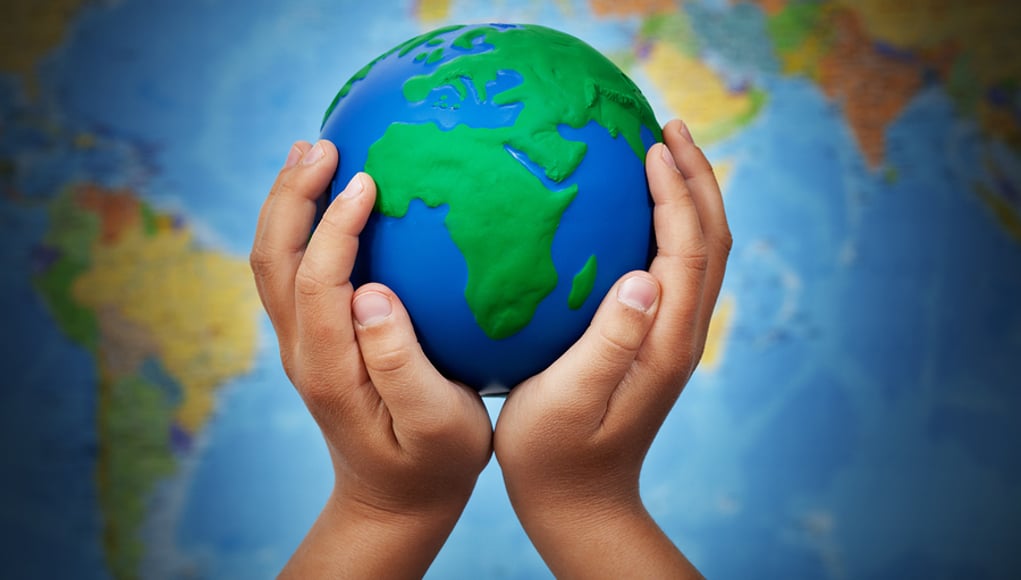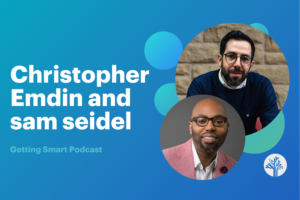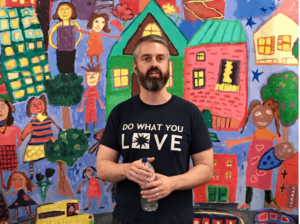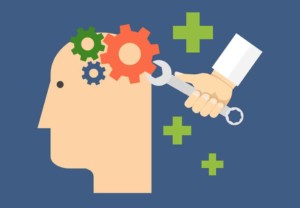Living As If All Lives Have Equal Value

I’ve had the good fortune to live and work with people who believe all lives have equal value. They value openness, generosity and innovation as value creation. They taught me five lessons.
1. It’s not a zero-sum game. Almost twenty years ago, Robert Wright made the case that life on earth grows inevitably more interdependent–that certainly appears to be the case. Treating human interactions as zero-sum may lead to temporary gains for a few, but it’s a long-term disaster.
Putting up walls–physical and legal–to keep the world out hurts both the people you’re trying to protect and the people you’re trying to keep out. Protection invites rather than resolves conflict, it creates a negative rather than virtuous cycle. The economy and ecology inside the walls decline, and the anger and resentment outside the walls increase.
2. We can invent a better future for all. There is an opportunity to create widespread prosperity and health–but only if we live as if all lives matter. For me, Bill Gates and Peter Diamandis modeled abundant thinking–that a combination of invention and intention can spread health and prosperity.
New technology is coming at us at exponential speed. Protectionist policies provide at best short-term relief, with lots of unintended consequences (e.g., higher prices at Wal-Mart) and long-term economic disaster.
Alternatively, we can bend the benefits of innovation toward equity with strong public-private partnerships and policies that provide an opportunity platform for all (see #4).
3. If you care about equity, you need to #AskAboutAI. If you’re concerned about inequity today, it could get a lot worse with the rise of artificial intelligence (AI). It holds the potential to help cure disease, improve transportation safety and efficacy, speed learning and support smart local manufacturing. For great American jobs, we should be talking about how to leverage machine intelligence, not complaining about historical trade grievances.
The Partnership for AI believes “that artificial intelligence technologies hold great promise for raising the quality of people’s lives and can be leveraged to help humanity address important global challenges such as climate change, food, inequality, health and education.”
However, it could cause waves of job loss, concentrated benefits and existential threats. It will almost certainly do more to shape lives and livelihoods than any other factor over the next two decades. It’s globalization, urbanization and automation that are reshaping the job market. We should be talking about AI rather than contrived controversies (e.g., trumped up security risks) and dated arguments (e.g., Chinese currency manipulation).
4. Everyone deserves an opportunity. To have a shot at participating in the innovation economy, every city, state and country needs an opportunity platform–the basic public services that give everyone an opportunity to contribute.
Lifelong learning is at the top of the list of mission critical public services. Our kids will see an order of magnitude more change than we have–they’ll need to be good at learning and relearning. Innovations in learning hold the promise of providing rapid pathways to mastery and extending access to all. Getting smart is more important than ever for individuals, communities, and countries–it’s the entry ticket to the innovation economy.
To learn, people need to feel safe and healthy. To build business, people need inspiration, intermediation, incubation and solid infrastructure (i.e., reliable roads, transportation, and power and efficient government services). For that all to function well, add a robust civic provisioning and problem solving capacity. (That doesn’t sound like Congress but many cities and states are pretty thoughtful about climate, infrastructure, and education.)
5. Be a good ancestor. Bill Gates Sr. talks about the importance of taking a long view and being a good ancestor. His prompt makes me wonder if our grandchildren will be proud and prosperous or embarrassed and harmed by current actions and policies.
Expanding the opportunity platform to the soon to be eight billion people on earth is the only shot we have at making life on planet earth a long-term endeavor.
The best gift we can leave our grandchildren (and their grandchildren) is an inclusive opportunity platform–universal preschool, great public schools, affordable universities–that provide broad access to powerful learning from cradle to grave.
Let’s extend opportunity not travel bans. Let’s model citizenship not fear mongering. Let’s build bridges, not walls. Let’s welcome, lift, share, heal…let’s teach and learn.
For more, see:
- 10 Reasons Why Lifelong Learning is the Only Option
- Do You Want To Be A Thought Leader?
- 5 Reasons Self-Awareness Matters for Leaders
Stay in-the-know with all things EdTech and innovations in learning by signing up to receive the weekly Smart Update.








0 Comments
Leave a Comment
Your email address will not be published. All fields are required.